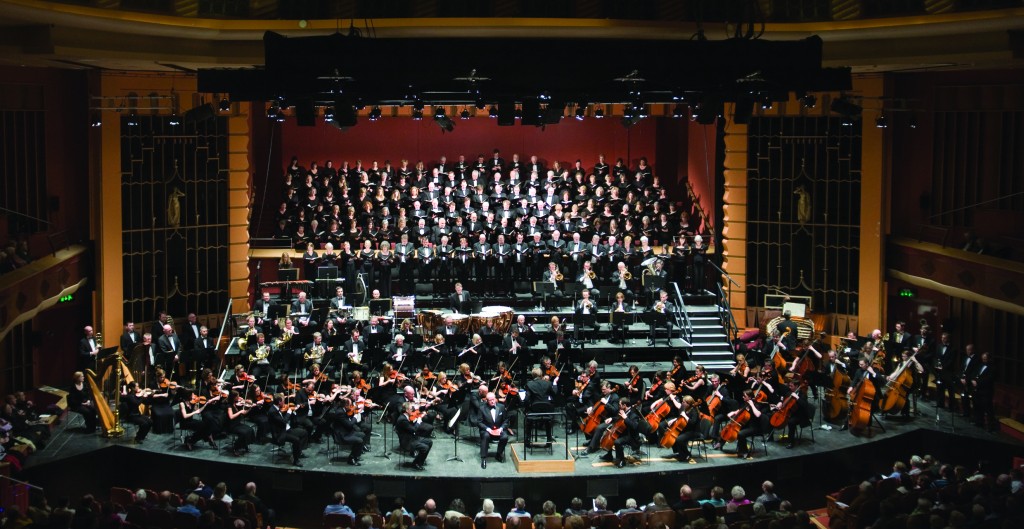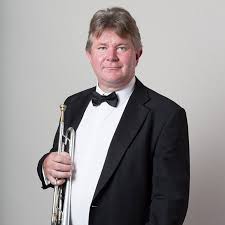The Dome, Brighton, Sunday 20 March 2016
What a glorious conclusion to a very fine season which, I think, has also brought increasingly large audiences. Vaughan Williams’ A Sea Symphony is the sort of masterpiece which brings out the best in all involved. Brighton Festival Chorus have the salt air in their veins of course but their enthusiasm and accuracy were a delight to behold. From the opening onslaught of sound to the dying fall we were immersed in wave upon wave of glorious tone. Soprano Elin Pritchard was able to ride the combined might of the orchestra and chorus with ease, producing thrilling sounds and great beauty of line. If baritone Nicholas Lester did not make quite the same impact, his refined singing impressed though the words tended to get lost in the melos. The orchestra was as fine as I can recall it all season, with tonal nuances wafting easily as the mood changes swiftly from introspective to ecstatic.
Barry Wordsworth was in his element – so much so that at one point he let slip his baton which was deftly rescued by the soloists.
A wonderful conclusion – though readers will want to know about the first half of the programme. Would that this had been as fulfilling. William Alwyn’s Overture: Derby Day has colour and excitement but rather left this listener standing at the post. The narrative line was difficult to follow and it seemed to go on and then stop. I am sure others will argue there is more to the work than this but on a single hearing it was not obvious.
Bernstein’s Second Symphony The Age of Anxiety draws on W H Auden’s poem as its point of inspiration but unfortunately this was not printed in the programme (as neither were the Walt Whitman verses for the Sea Symphony) and we were rather left to guess at the underlying creative spark. The work has a plaintively haunting opening for two clarinets but as the movements run into each other it is difficult to follow the narrative line. There is a fine extrovert jazz section and a great deal for the solo pianist, Rob Clark, to do, though this is definitely not a piano concerto. Did the programming work? I remain unconvinced and it was only the overwhelming impact of the Vaughan Williams that made for such a successful conclusion.
I am delighted to note that next season starts on Sunday 9th October 2016 – of course you will be there!


